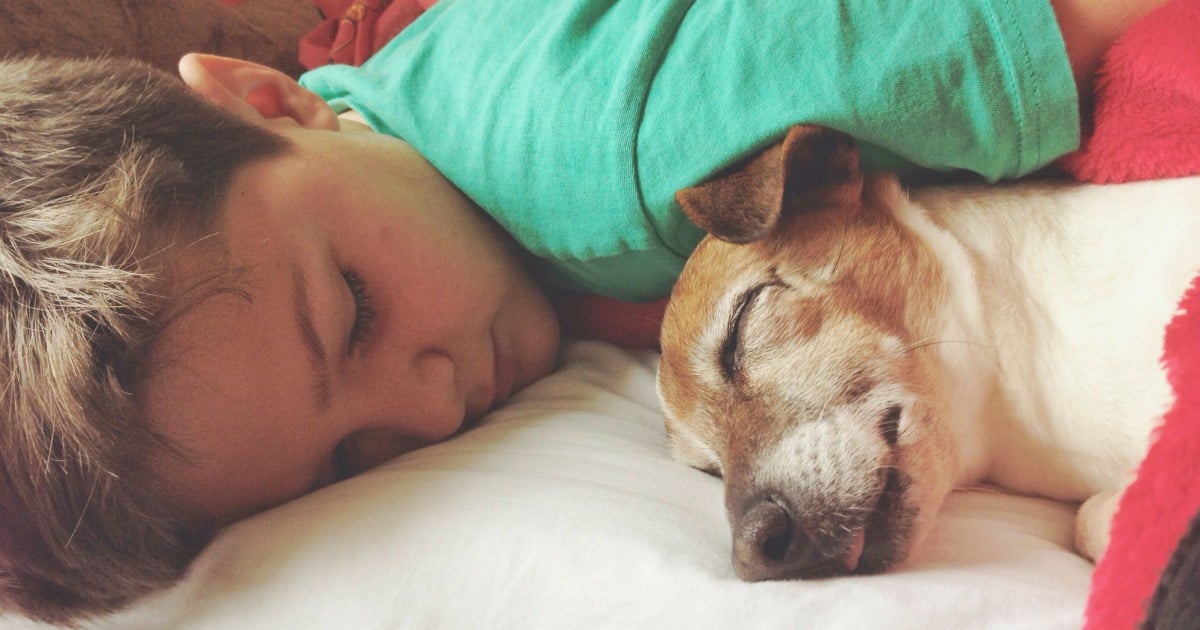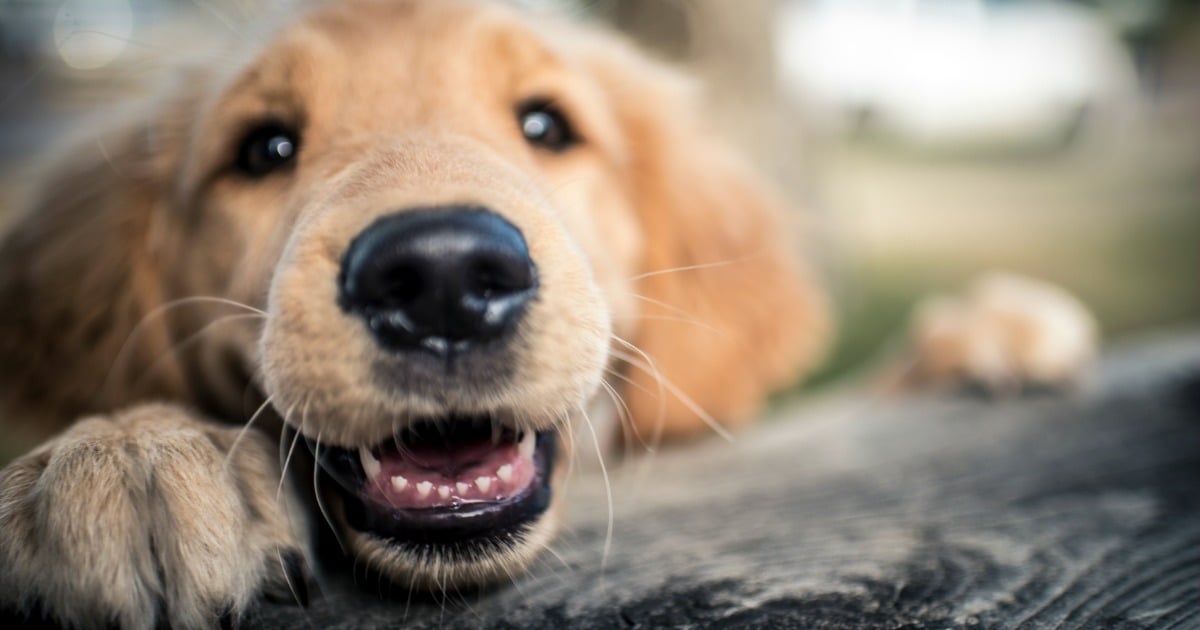An essay titled ‘Pets are not children, so stop calling them that,’ published on New York Magazine‘s The Cut just under a week ago, has sparked fierce debate the world over.
“These are confusing times,” author M.A. Wallace begins, before launching into the most unsettling concept of all: “the new idea that having a pet makes you a ‘parent.'”
At first, the essay seems like your typical rant about annoying things people do on social media, but it quickly turns into a clever argument that left many readers, including myself, with far more feelings than we anticipated.
Wallace writes that while people calling themselves pet ‘parents’ might seem benign at first, it soon becomes clear that “they’re not just being playful.”
“They sincerely believe that what they’re doing is parenthood.”



Top Comments
I can't stand the terms fur any and fur mummy. Makes me want to hit something. This is my issue so when I hear someone say fur baby I roll my eyes internally and smile
Haha yep your reading it, name: fur parent.
Get over yourself lily.
I rolled my eyes reading what you wrote!
Sometimes being mom to an animal is just as fulfilling as having children. Pet parents do many of the same things required as "real" parents for them, except the difference is, they constantly need our care until the end of life. That is real dedication and love. I also foster bottle babies and form deep bonds with them, often staying up most of the night and day to keep them fed, wipe butts, clean them, etc. I also don't expect them to be anything other than animals, because that is what they are. I think this article is really misguided and ignorant.